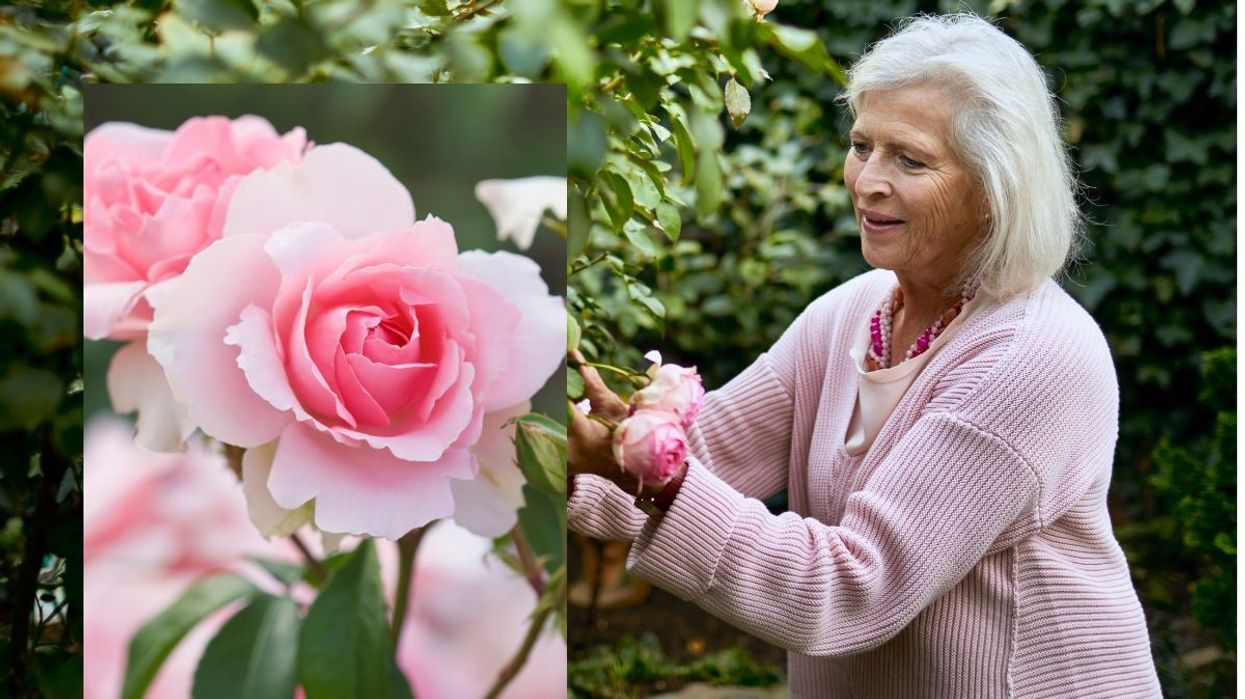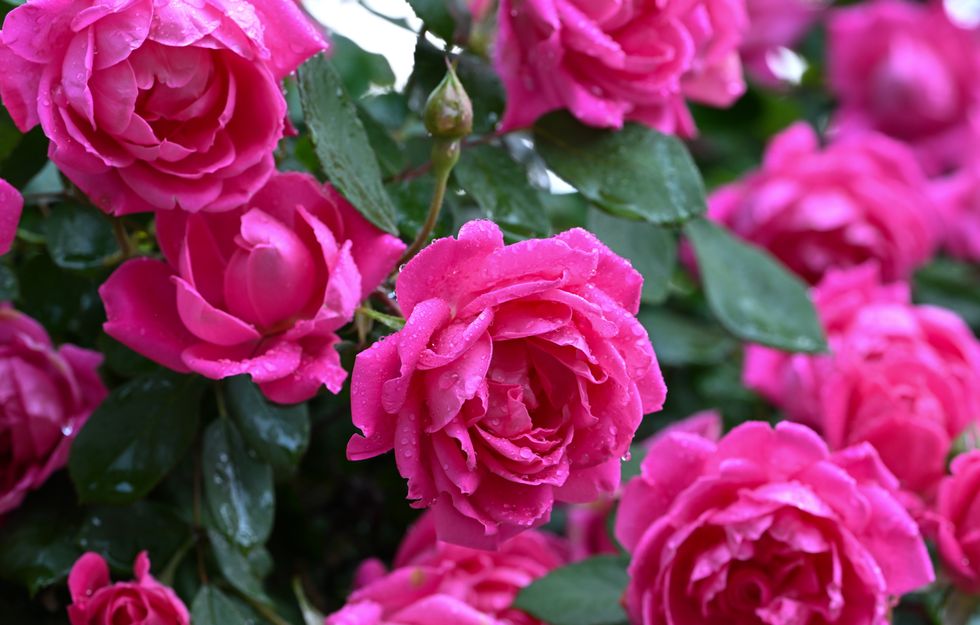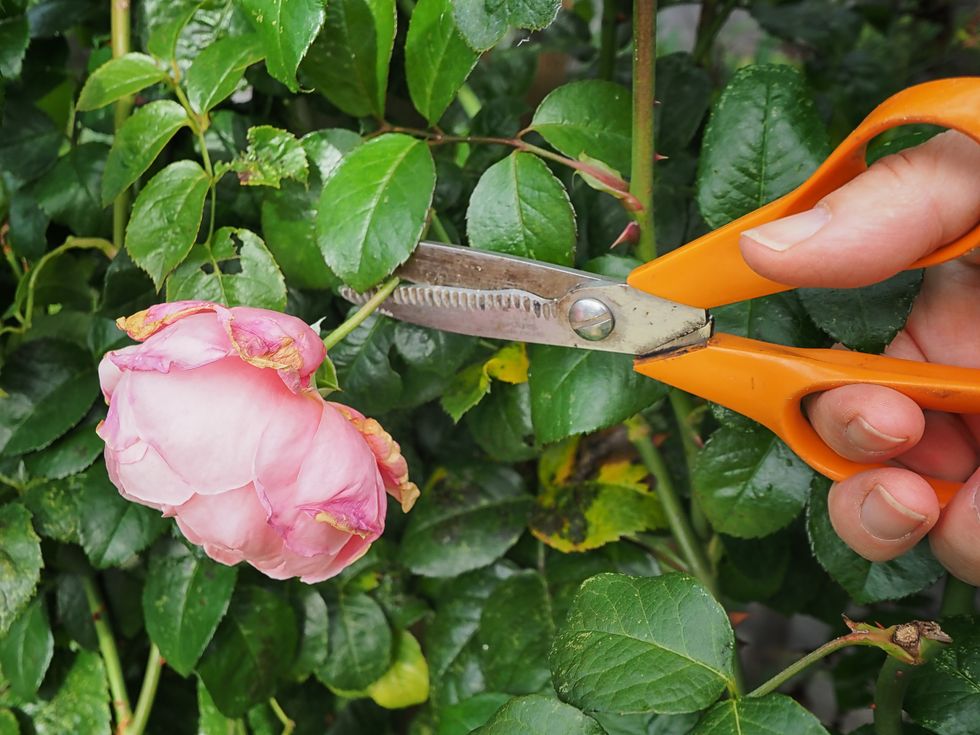Rose care: Perform 'most important' gardening task 'once a week' to turbocharge growth

Removing dead flowers redirects energy into growth
|GETTY

Gardeners can enjoy an abundance of flowers by performing a simple task on their roses
Don't Miss
Most Read
A gardening expert has issued advice to Britons ahead of the blooming season to help turbocharge the growth of their roses.
Provided with the correct care, roses will see their flower count increase, with buds surviving the duration of the spring and summer in some cases.
Knowing how to go about basic tasks like pruning and deadheading is essential to the well-being of the flowers, however.
According to gardening fan Daniel Scholfield, director of The Expert Gate Company, timing is of the essence when trimming back the plant. Dead blooms, for instance, should be removed at the first signs of fading.

Roses will produce bigger and brighter blooms if looked after properly
|GETTY
The gardening expert told GB News: “One of the most important tasks for having roses look their best is deadheading, the process of cutting off the flowers that are fading on your shrubs, once a week or so.
“Deadheading keeps rose shrubs blooms, as without deadheading the plant begins to form seed pods instead of new flowers therefore leaving your shrubs look pretty bare.
“It’s also essential for the health of your rose shrubs, as the older flowers if left unchecked can quickly begin to rot and cause fungal infections, especially in wetter conditions.”
Deadheading differs from pruning in that it involves solely the removal of fading or dead flowers, leaving stems untouched.
Removing finished blooms will benefit the shrubs as a whole by directing energy into new growth and flowering.
Gardeners need to ensure they are dealing with a repeat-flowering variety of roses, however.
They should deadhead repeat flowers and once-flowering roses that don’t produce hips.
Deadheading hip-producing roses will encourage new growth in the autumn and winter when the plant should start entering dormancy.
LATEST DEVELOPMENTS

Deadheading is key to maintaining the appearance of roses
|GETTY
Additional hacks such as fertilisation will encourage abundant flowering and ensure the plants are at their healthiest when summer arrives.
“When it comes to fertilising your roses, look out for an organic option with a high nitrogen content that you can begin to spread around early springtime when new leaves begin to emerge," explains Scholfield.
“This encourages a strong early growth that can set the plant up for the rest of the season, especially when combined with a second round of it in mid-summer after the first flowering run.
“As for why we recommend organic fertiliser, this is because it is far more environmentally friendly when compared to synthetic counterparts, as well as being far better for your soil as you won’t be filling it with chemicals that it just can’t break down."










